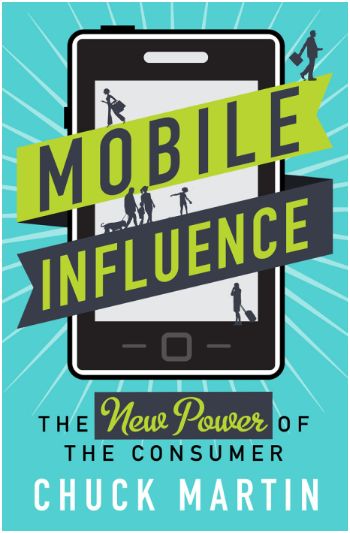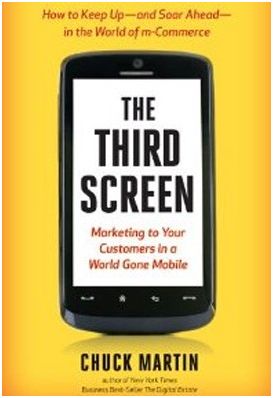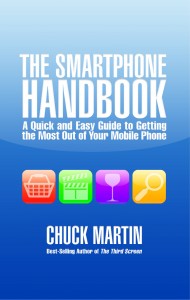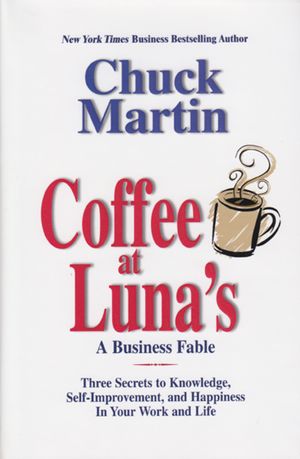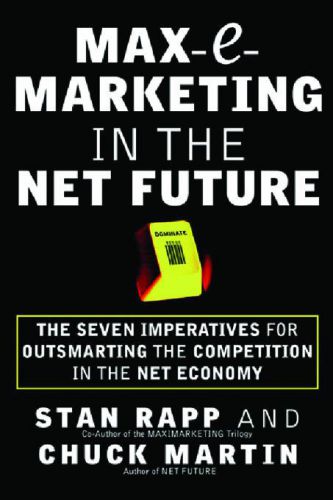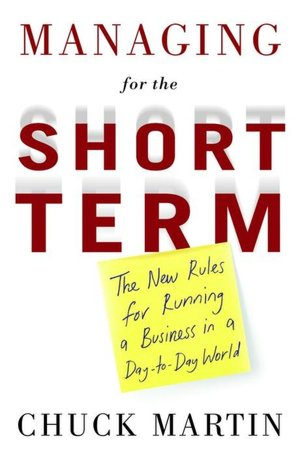Coupons and offers in the world of mobile continue to find their way, looking for the paths of least consumer resistance.
Established offers have included numerous check-in and reward programs, all with various tasks assigned to the customer. Some of the tasks are intuitive and others require explanations and even help from sales associates at retail.
- Consumers entering stores that use Shopkick earn points that can be redeemed at any of the participating stores like Old Navy, Best Buy and Macy’s. The check-in is somewhat automatic, if the consumer’s phone receives the signal sent from the Shopkick device at the store. The app provides the following directions: “Open Shopkick on your phone, walk into the location and stand inside the entrance and wait for the Shopkick signal to find you.”
- Frozen dessert chain Tasti D-Lite links its customer loyalty program to Foursquare so that a person using the card can be automatically checked in to Foursquare and vice versa. In that case, little customer action is required.
- We Reward allows businesses to set themselves up on its platform and provides cash back to customers who show they visited the store and bought the product. Rewards are issued after a customer proves they were there by taking a photo of themselves enjoying the product and sending it in for verification, done by the business owner.
- ShopSavvy allows consumers to do real-time price comparison by scanning traditional barcodes on products in stores.
All of these approaches have their advantages, with some requiring more consumer effort than others.
Now there is a novel approach to product identification, offers and consumer data tracking that bypasses both the product scanning and the retailer. The system and platform are from Endorse, a well-funded startup in San Mateo, CA, which is challenging the age-old concept of coupons.
A consumer downloads the app and receives 10 instant offers from brands including Kraft, General Mills and PepsiCo. One of the offers I received was for pizza, so I included a frozen pizza in my last shopping jaunt just to see the app in action.
Rather than scanning the products while shopping, I used the app to take a picture of the receipt, which was then uploaded to the Endorse system. That’s all the system needs. After an hour or so, my reward was posted in the app. The rewards are in cash, which can be sent by check or via PayPal.
From the consumer standpoint, there’s no product scanning and no coupon tracking.
“The more receipts someone has in their account, the more personalized and targeted the offers will become,” said Steven Carpenter, Endorse Founder and CEO.
The Mr. Peanut Facebook page, with half a million likes, this week ran an offer on a certain peanut butter for buying it and then scanning the receipt through Endorse.
When you “claim” the offer on Facebook, it automatically is entered into the app to identify the deal for later purchase. I shared the posting and received a 50 percent-off offer, so I guess I’ll be buying the peanut butter to go with the pizza on the next trip to the store.
The offers from brands can be highly targeted. “Our ad server is flexible to segment by the strategies of the brands by geography, demographic information, retailers, basket size, products purchased, category spend, purchase frequency, brand loyalty/light brand buyer and coupon user,” said Carpenter.
The personalized offers are updated each Thursday, and once one is claimed it disappears from the list of offers.
From a brand standpoint, an entirely different knowledge set can be created. Since Endorse specializes in everyday items such as CPG products, coffee and gas, the data gathered can provide a more holistic view of share of wallet. Brands then can use the platform to influence buying behavior based on a large set of criteria.
“Blindly blanketing coupons to 70 million households and praying for a specific redemption rate is arcane thinking,” said Carpenter.
With the platform, brands can set a specific offer budget and then the system can manage that. The process for brands can be efficient, since when a certain target is reached, the offer can be changed or removed.
This is interesting as an in-store experience, since the product offer redemptions can be done without product-by-product barcode scanning. It also bypasses retailers’ point-of-sale (POS) systems, which means no sales associate training is needed.
The uniqueness in the approach is that the process itself occurs pre- and post- POS with only one step involved — taking a photo of the sales receipt, which can be done once the shopper gets back home.
Ironically, this new couponing brings the process full circle back to the home where the consumer used to clip coupons before going to the store.
Now they can just take a picture of a receipt — and the coupons clip themselves and are retroactively and automatically applied to what was already bought.
Chuck Martin is editor of mCommerce Daily at MediaPost and writes the daily MobileShopTalk. He is author of “The Third Screen,” “The Smartphone Handbook,” and the soon-to-be-published “Mobile Influence.” He is CEO of Mobile Future Institute and a frequent mobile keynote speaker around the globe.



